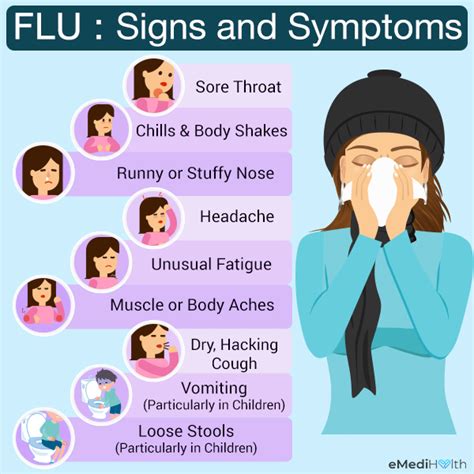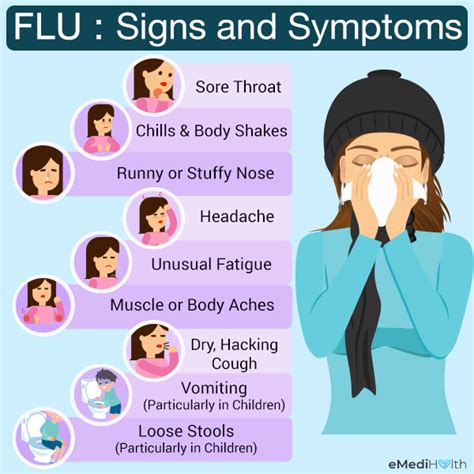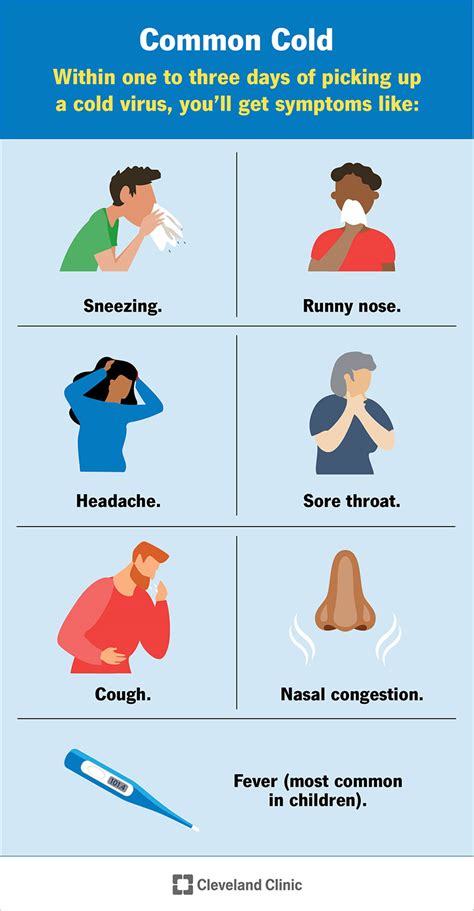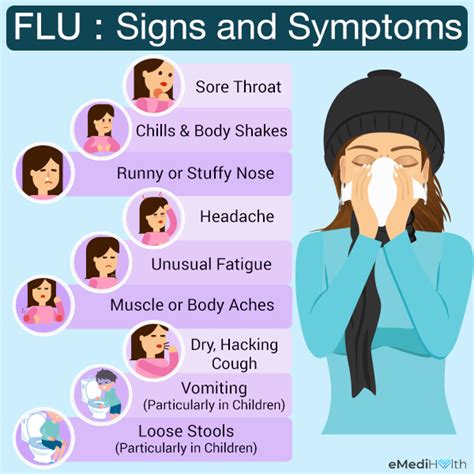Intro
Learn about severe cold symptoms, including congestion, sore throat, and fatigue. Understand causes, treatments, and remedies for relief from common cold and flu-like symptoms.
The common cold is one of the most prevalent illnesses worldwide, affecting millions of people every year. It's a viral infection that targets the upper respiratory system, causing a range of symptoms that can be uncomfortable and debilitating. Severe cold symptoms can be particularly distressing, disrupting daily life and affecting overall well-being. Understanding the causes, symptoms, and treatment options for severe colds is essential for effective management and prevention. In this article, we'll delve into the world of severe cold symptoms, exploring the different types, causes, and treatment options available.
The common cold is a viral infection that can be caused by over 200 different viruses, with rhinoviruses being the most common culprits. When a virus enters the body, it triggers an immune response, leading to the production of inflammatory chemicals and the release of histamine. This can cause blood vessels to dilate, leading to increased blood flow and swelling in the affected areas. Severe cold symptoms can be triggered by a variety of factors, including a weakened immune system, allergies, and environmental factors such as pollution and stress.
Severe cold symptoms can vary in severity and duration, but common symptoms include a runny nose, congestion, sore throat, cough, and fatigue. In some cases, severe colds can lead to more serious complications, such as sinus infections, bronchitis, and pneumonia. Understanding the different types of severe cold symptoms is crucial for effective treatment and prevention. For example, a cold that persists for more than 10 days may be a sign of a sinus infection, while a cold that is accompanied by a fever and chest pain may be a sign of bronchitis.
Understanding Severe Cold Symptoms

Severe cold symptoms can be classified into different categories, including respiratory, systemic, and allergic symptoms. Respiratory symptoms include a runny nose, congestion, sore throat, and cough, while systemic symptoms include fatigue, headache, and muscle aches. Allergic symptoms include itchy eyes, sneezing, and a scratchy throat. Understanding the different types of severe cold symptoms is essential for effective treatment and prevention.
Types of Severe Cold Symptoms
Severe cold symptoms can be triggered by a variety of factors, including viral infections, allergies, and environmental factors. Viral infections such as rhinoviruses, coronaviruses, and adenoviruses are the most common causes of severe colds. Allergies to pollen, dust, and mold can also trigger severe cold symptoms, as can environmental factors such as pollution and stress. Understanding the underlying causes of severe cold symptoms is crucial for effective treatment and prevention.Causes of Severe Cold Symptoms

Severe cold symptoms can be caused by a variety of factors, including a weakened immune system, allergies, and environmental factors. A weakened immune system can make it easier for viruses to infect the body, leading to more severe cold symptoms. Allergies to pollen, dust, and mold can also trigger severe cold symptoms, as can environmental factors such as pollution and stress. Understanding the underlying causes of severe cold symptoms is essential for effective treatment and prevention.
Treatment Options for Severe Cold Symptoms
Treatment options for severe cold symptoms depend on the underlying cause and severity of the symptoms. Over-the-counter medications such as pain relievers, decongestants, and antihistamines can help alleviate symptoms such as headache, congestion, and itchiness. Prescription medications such as antibiotics and steroids may be necessary for more severe cases, such as sinus infections and bronchitis. Alternative therapies such as steam inhalation, saline nasal sprays, and honey can also help alleviate symptoms and promote healing.Treatment and Prevention of Severe Cold Symptoms

Prevention is key when it comes to severe cold symptoms. Practicing good hygiene such as washing hands regularly, avoiding close contact with people who are sick, and avoiding sharing utensils and personal items can help prevent the spread of viruses. Getting enough sleep, eating a healthy diet, and managing stress can also help boost the immune system and prevent severe cold symptoms. Understanding the different types of severe cold symptoms and seeking medical attention when necessary can also help prevent complications and promote effective treatment.
Complications of Severe Cold Symptoms
Severe cold symptoms can lead to a range of complications, including sinus infections, bronchitis, and pneumonia. Sinus infections occur when the sinuses become inflamed and infected, leading to symptoms such as facial pain, headache, and congestion. Bronchitis occurs when the airways become inflamed and infected, leading to symptoms such as cough, wheezing, and shortness of breath. Pneumonia occurs when the lungs become inflamed and infected, leading to symptoms such as fever, chills, and difficulty breathing. Understanding the different types of complications and seeking medical attention when necessary can help prevent serious health problems.Complications and Long-Term Effects of Severe Cold Symptoms

Severe cold symptoms can have a significant impact on daily life, affecting work, school, and social relationships. Understanding the different types of severe cold symptoms and seeking medical attention when necessary can help prevent complications and promote effective treatment. Practicing good hygiene, getting enough sleep, and eating a healthy diet can also help boost the immune system and prevent severe cold symptoms. By taking a proactive approach to health and wellness, individuals can reduce their risk of severe cold symptoms and promote overall well-being.
Conclusion and Final Thoughts
In conclusion, severe cold symptoms can be a significant health problem, affecting millions of people worldwide. Understanding the different types of severe cold symptoms, causes, and treatment options is essential for effective management and prevention. By practicing good hygiene, getting enough sleep, and eating a healthy diet, individuals can reduce their risk of severe cold symptoms and promote overall well-being. Seeking medical attention when necessary can also help prevent complications and promote effective treatment. By taking a proactive approach to health and wellness, individuals can reduce their risk of severe cold symptoms and promote overall well-being.What are the most common causes of severe cold symptoms?
+The most common causes of severe cold symptoms include viral infections such as rhinoviruses, coronaviruses, and adenoviruses, as well as allergies to pollen, dust, and mold.
How can I prevent severe cold symptoms?
+Practicing good hygiene such as washing hands regularly, avoiding close contact with people who are sick, and avoiding sharing utensils and personal items can help prevent the spread of viruses. Getting enough sleep, eating a healthy diet, and managing stress can also help boost the immune system and prevent severe cold symptoms.
What are the most effective treatment options for severe cold symptoms?
+Treatment options for severe cold symptoms depend on the underlying cause and severity of the symptoms. Over-the-counter medications such as pain relievers, decongestants, and antihistamines can help alleviate symptoms such as headache, congestion, and itchiness. Prescription medications such as antibiotics and steroids may be necessary for more severe cases, such as sinus infections and bronchitis.
We hope this article has provided you with a comprehensive understanding of severe cold symptoms, including the causes, treatment options, and prevention strategies. If you have any further questions or concerns, please don't hesitate to comment below. Share this article with your friends and family to help them understand the importance of preventing and managing severe cold symptoms. By working together, we can promote overall health and wellness and reduce the risk of severe cold symptoms.
